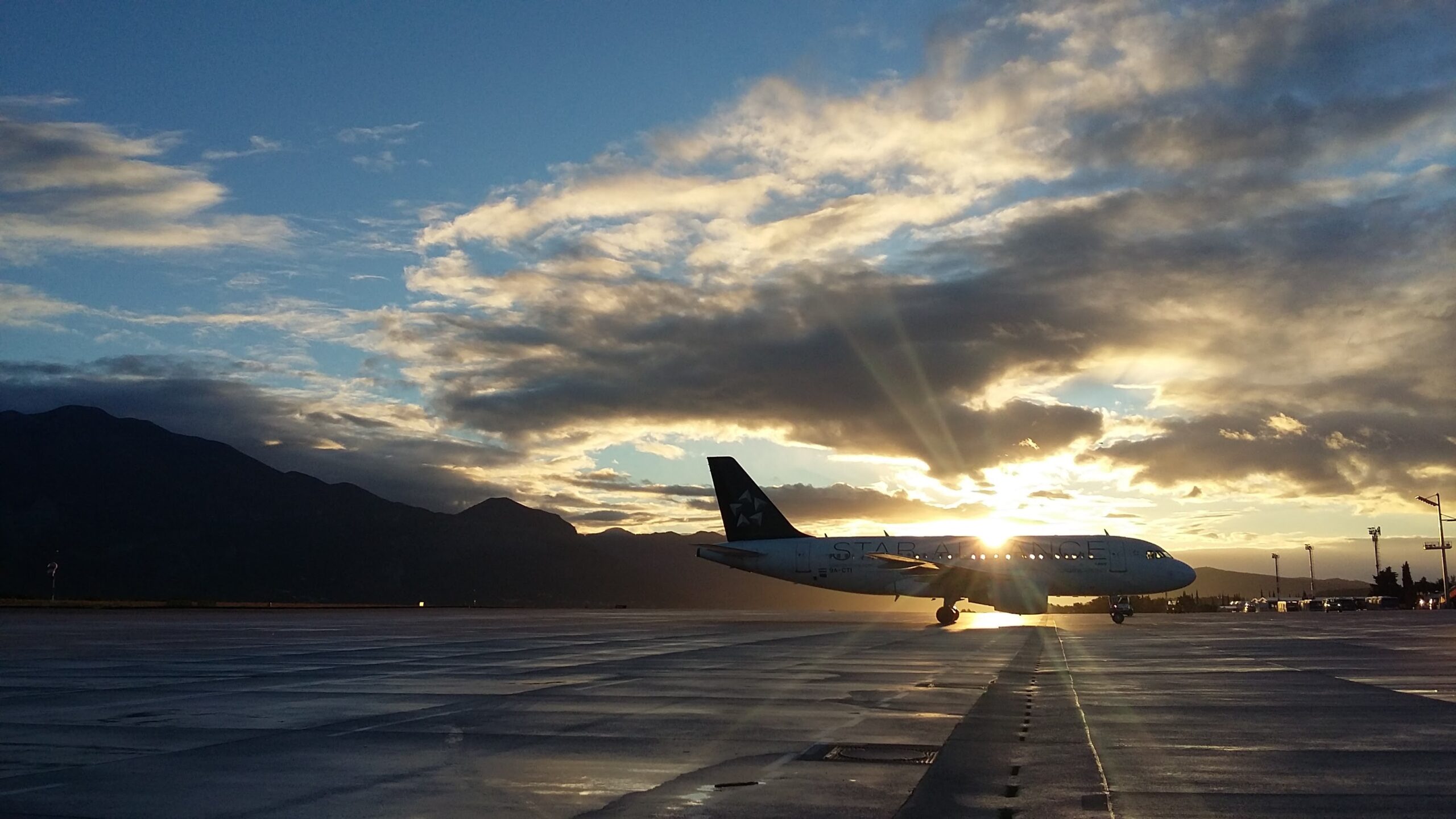Air Canada and its low-cost subsidiary, Air Canada Rouge, are preparing for a potential disruption to flight services as negotiations with the Air Line Pilots Association (ALPA) approach a critical juncture. With talks at an impasse, the airline is readying itself for the possibility of gradually suspending operations over a three-day period, which could start as early as September 15, 2024.
Negotiations have been ongoing for over 15 months, with little progress on key issues such as wage increases. ALPA, which represents more than 5,200 pilots, has been pushing for a significant wage adjustment, citing the need to align salaries with broader Canadian wage trends. Air Canada, however, claims that the union’s demands exceed average wage increases in the country and argues that the 30% wage hike it has already proposed is more than reasonable.
In a statement issued today, Michael Rousseau, President and CEO of Air Canada, said the airline is prepared to enter into an “orderly shutdown” if no agreement is reached. “We believe there is still time to finalize a deal,” Rousseau said. “However, should ALPA persist in its excessive demands, we will begin a phased wind-down of operations to protect our customers and employees.”
If a strike notice is issued, the airline has committed to gradually suspending its flight operations over a 72-hour period, with a full shutdown expected by September 18. The suspension plan would affect approximately 670 daily flights and disrupt the travel plans of over 110,000 passengers, both domestically and internationally.
Recognizing the potential impact on its customers, Air Canada has initiated a goodwill policy allowing travellers to modify bookings without penalty. The policy, which applies to flights scheduled between September 15 and 23, will enable passengers to reschedule their trips or receive a credit for future travel.
Customers whose flights are cancelled will be entitled to a full refund, which can be requested online or via the Air Canada mobile app. The airline has also begun coordinating with other carriers to secure seats for displaced passengers, though it cautions that availability may be limited. In a statement, Air Canada emphasized that passengers should avoid going to the airport without a confirmed new booking, as long wait times at contact centres are expected.
For now, flights operated by regional partners, Jazz Aviation and PAL Airlines, will continue as scheduled. However, these flights account for only 20% of Air Canada’s total operations, and many passengers on these services ultimately connect to Air Canada flights, meaning widespread disruptions are still anticipated.
Air Canada has already alerted the federal government to the potential disruption, drawing attention to the broader economic implications. The airline has alluded to the government’s recent decision to intervene in a labour dispute involving Canadian rail workers and expressed hope that a similar approach might be taken if the situation with ALPA deteriorates further.
The airline has also floated the possibility of arbitration to resolve the deadlock, but as of today, no agreement has been reached. While the federal Labour Minister has appointed a mediator to assist in the talks, the gap between the two sides remains significant. The union has thus far shown no willingness to compromise on its wage demands.
In addition to the impact on passengers, Air Canada’s cargo operations are also set to face significant challenges. The airline’s cargo division, which carries a variety of time-sensitive goods such as perishable items and manufacturing components, has already begun restricting shipments in anticipation of a potential shutdown.
A gradual suspension of operations is critical, according to the airline, to ensure the safe repositioning of its fleet, which includes 252 aircraft operating in 47 countries. By grounding planes in a systematic way, Air Canada hopes to accelerate the resumption of services once a settlement is reached. The airline estimates it would take 7 to 10 days to return to normal operations following a complete shutdown.
The coming days will be crucial for both Air Canada and ALPA as the two sides continue negotiations under the looming threat of a work stoppage. While both parties have expressed a desire to avoid a strike, the growing divide over wage demands makes the likelihood of disruption increasingly likely.
Should no resolution be reached, passengers are urged to stay informed via the Air Canada website and mobile app for real-time updates on flight cancellations and rescheduling options. The airline has also recommended that customers make any necessary travel changes sooner rather than later to minimize the risk of disruption.
With more than 110,000 passengers relying on Air Canada daily, the potential for widespread travel chaos looms large. For now, passengers and the airline alike must wait as the clock ticks toward September 15, a critical deadline that could bring one of the largest disruptions to Canadian air travel in recent history.

